Fortinet Acquires Next DLP Strengthens its Top-Tier Unified SASE Solution
Read the release
Linux is often considered a more secure operating system than Windows for running business-critical systems and applications. As the world’s most popular operating system, Windows has presented an attractive target for hackers for many years. Cybercriminals have paid less attention to compromising Linux systems, making it appear that they are less susceptible to cyberattacks and data breaches.
While this is true to a certain extent, it does not mean that Linux systems are impervious to attacks by hackers and cybercriminals or from unintentional data leaks by insiders. They face many of the same threats to sensitive data resources as systems running alternative operating systems. As such, organizations that run their businesses on Linux machines need to use every available method to protect their valuable data.
Implementing a data loss prevention (DLP) solution can help strengthen a company’s security and protect its sensitive data and intellectual property.
Linux has several advantages over other operating systems, making it a more secure platform for running servers or mission-critical applications. As with any software or operating system, Linux must be used correctly to obtain its potential security benefits, which include:
User permissions - Windows creates administrator accounts with full access to the system upon operating system installation. Linux does not allow these permissions by default, instead forcing users to enter the root password to execute system-level activities.
Software installation - Linux uses package managers to enforce enhanced security and ensure that software downloads are from trusted sources.
Open source visibility - The open source nature of Linux distros allows the community of developers and security researchers to identify and patch security vulnerabilities. Windows is a proprietary OS that relies on internal resources to identify and address security issues.
Streamlined updates - Application updates are handled by package managers by executing a few simple commands. This helps keep applications updated and eliminates potential vulnerabilities often found in outdated Windows apps.
Smaller target - The popularity of Windows makes it the prime target for professional and recreational hackers. Hackers often ignore Linux because of its smaller installed base, which equates to fewer potential victims.
Linux systems can be attacked and subject to data breaches, the same as any other system. Here are a few examples of how hackers are attempting to attack and compromise the security of Linux systems:
An increasing number of ransomware attacks - Ransomware attacks targeting Linux systems are increasing as cybercriminals search for additional high-value targets. Some companies have focused on protecting their Windows environment, possibly opening the door for hackers intent on coming after Linux-based servers running mission-critical applications.
Outdated Linux versions - Linux-based operating system virtualization is the foundation for containers and is widely used in cloud computing environments. Using end-of-life versions of Linux distributions makes them vulnerable to malware variants that include ransomware and crypto mining.
Ubuntu privilege escalation flaw - Vulnerabilities discovered in the Ubuntu Linux distribution may allow threat actors to compromise systems and gain root access to endpoints.
Data loss prevention solutions can address the need for enhanced security and data protection for Linux systems. While the Linux operating system itself may be more secure than alternatives such as Windows, the data resident on Linux machines can still be compromised or misused.
A modern DLP solution automatically categorizes and classifies data so additional protection can be provided for sensitive and high-value information. The ability to automate data classification enables Next Reveal to handle the volume and velocity at which information is created and ingested into an environment, ensuring that these data resources are effectively protected.
In a Linux environment, a DLP solution has three main purposes:
Providing visibility - A DLP solution should provide deep visibility into activity, identifying and categorizing data at the point of risk to accommodate the large volume of data today’s organizations create and manage. Next Reveal’s DLP agent delivers Machine Learning on the endpoint, leveraging multiple behavioral analytics algorithms to analyze activity and identify risky behavior, all without requiring a connection to a separate analysis engine and keeping all personal data on the device.
Educating the user - Humans remain the weakest link in cybersecurity, so a DLP solution for a Linux environment must rise to this challenge. Next Reveal offers adaptable security measures and delivers real-time, incident-based training to empower your employees and build a dynamic human firewall.
Controlling data movement - A DLP solution can block data residing on Linux machines from being copied to user devices outside the scope of the organization’s control.
Protecting intellectual property - Access to intellectual property can be restricted to a small group of authorized users with a DLP tool, ensuring that no one else can view, copy, or process this data.
Next DLP’s Reveal platform offers customers a modern data loss prevention solution for Linux, Windows, and macOS machines. It employs high-performance, lightweight agents that enforce data handling policies on endpoints — in fact, it’s the first DLP agent to deliver Machine Learning on the endpoint. Reveal uses multiple behavioral analytics algorithms to differentiate normal behavior from anomalous behavior. That means Reveal delivers data protection without requiring a connection to a separate analysis engine, and all personal data remains on the device.
Next Reveal also cultivates a positive security culture, empowering employees with real-time, incident-based training at the point of risk — even if they’re not connected to the network, building a dynamic “human firewall” while increasing productivity and reducing the risk of data loss in Linux environments.
Contact Next DLP today or book a demo to learn how easy it is to protect your data in your mission-critical Linux environment and your entire ecosystem.
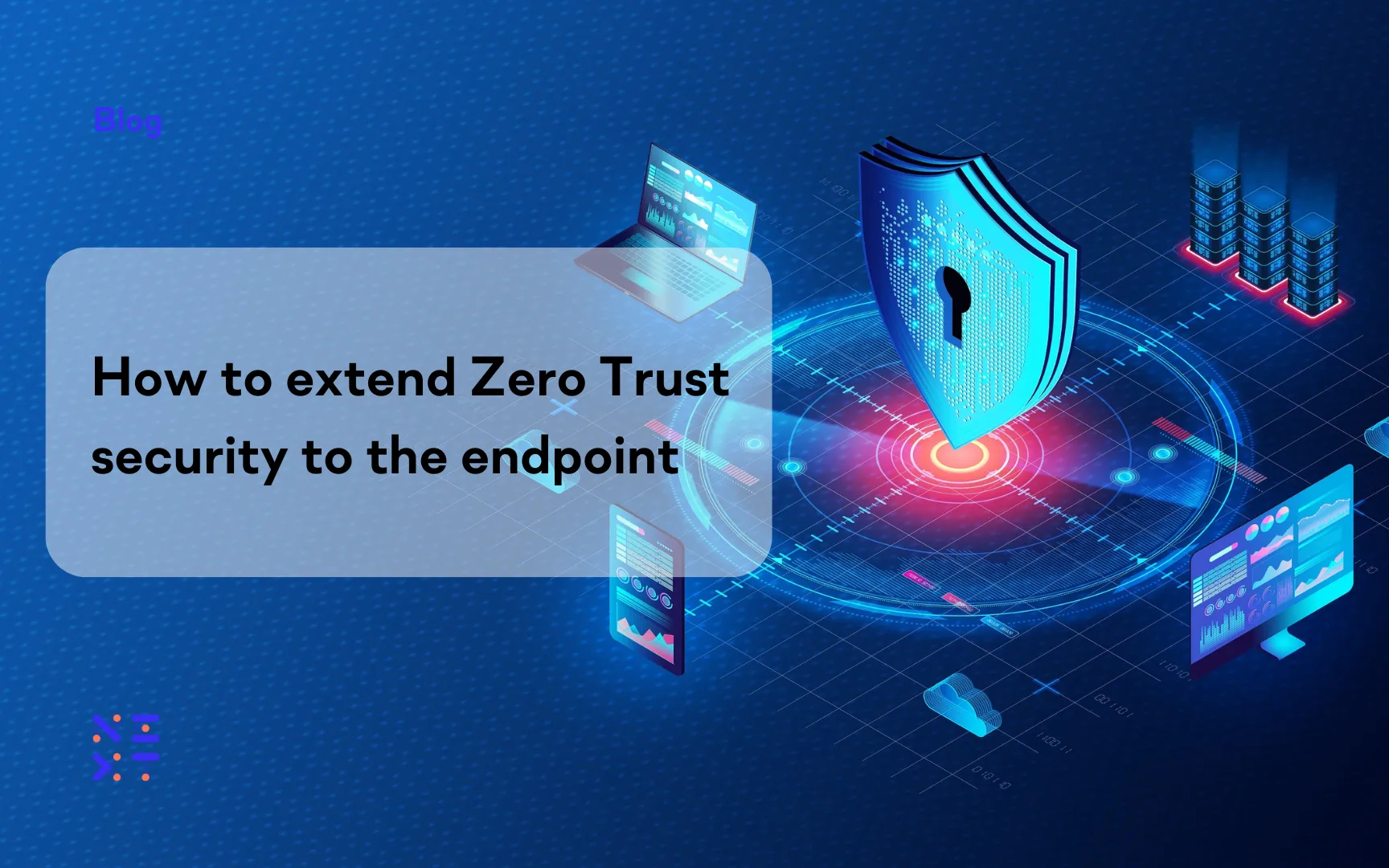
Blog
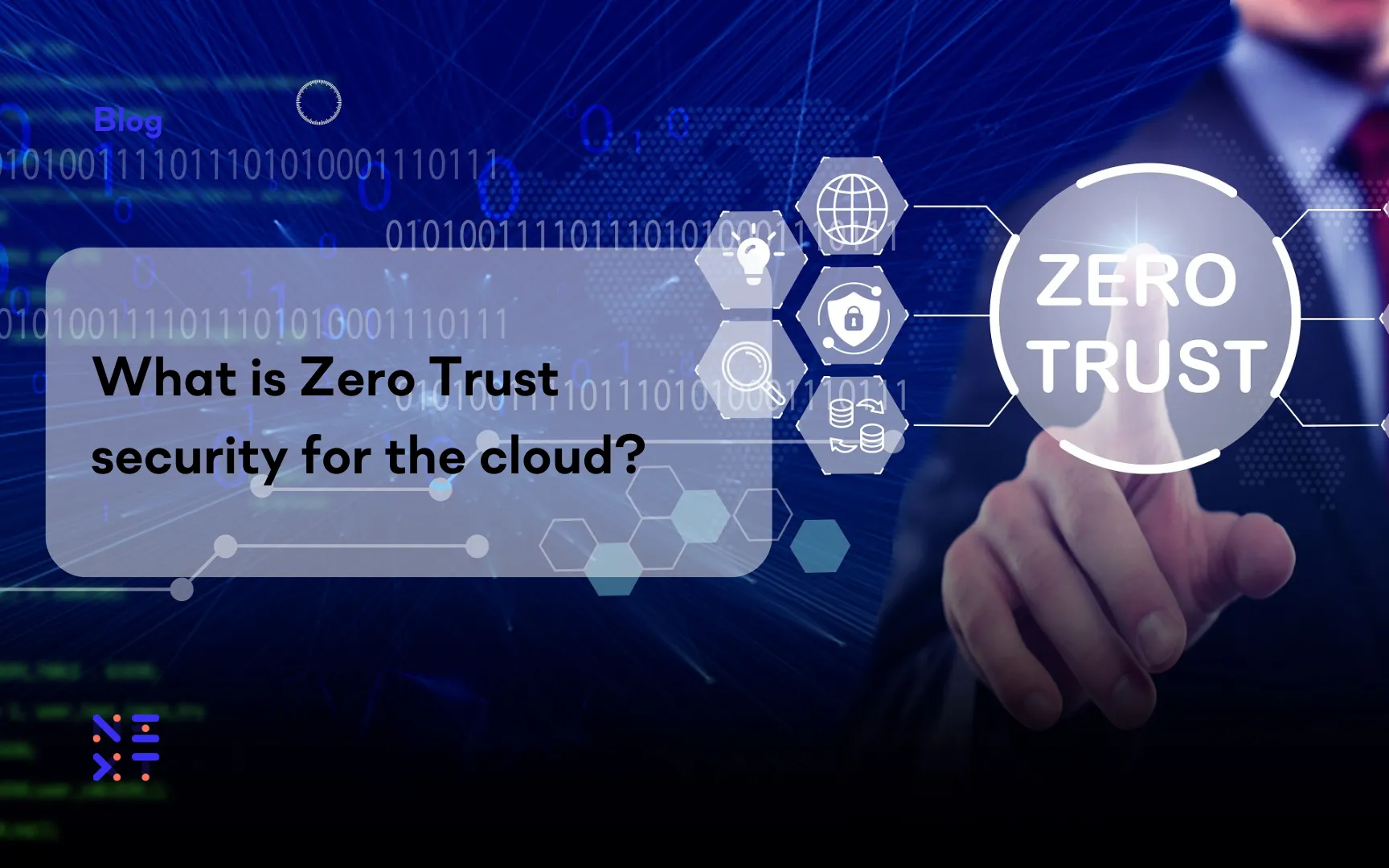
Blog
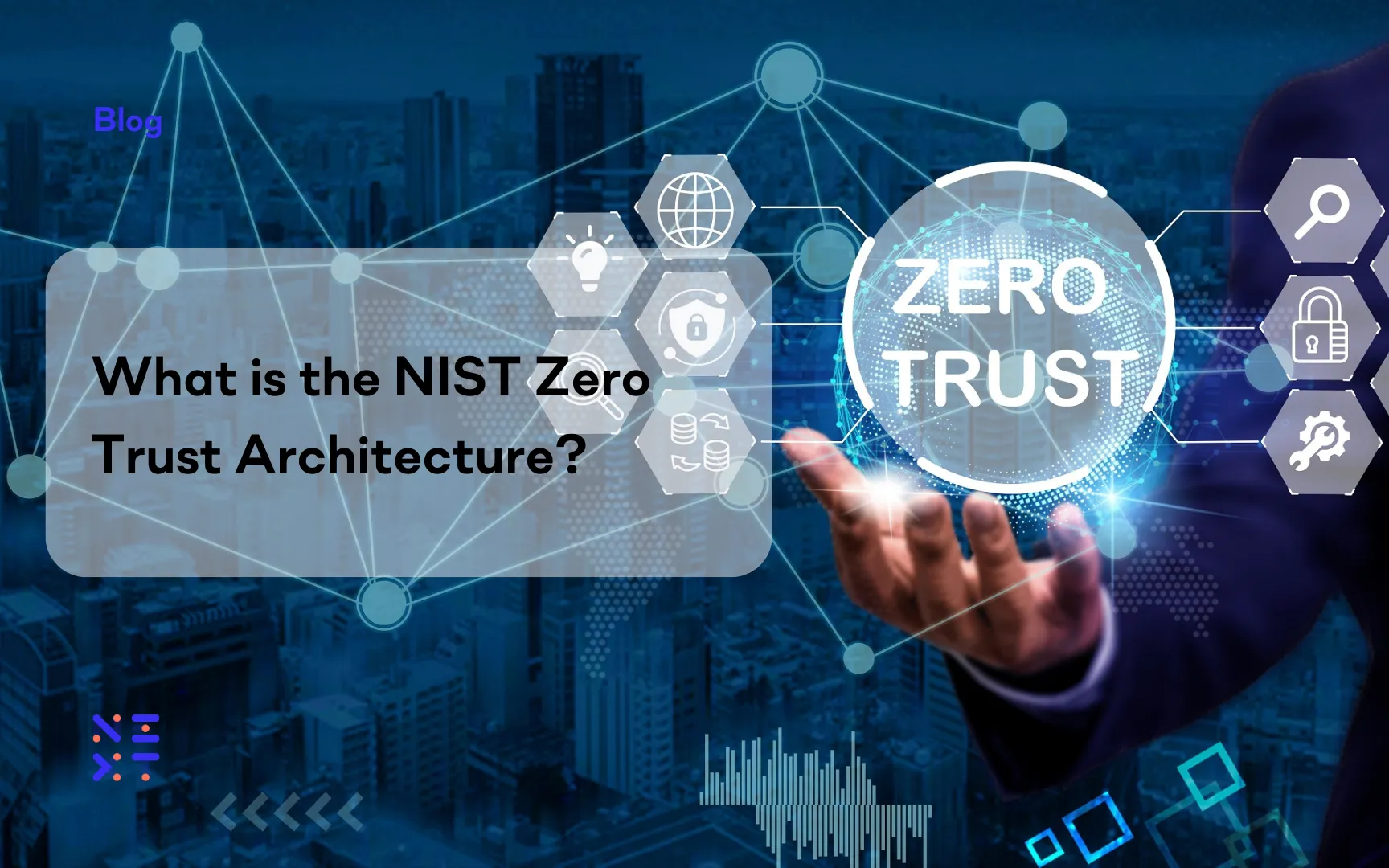
Blog
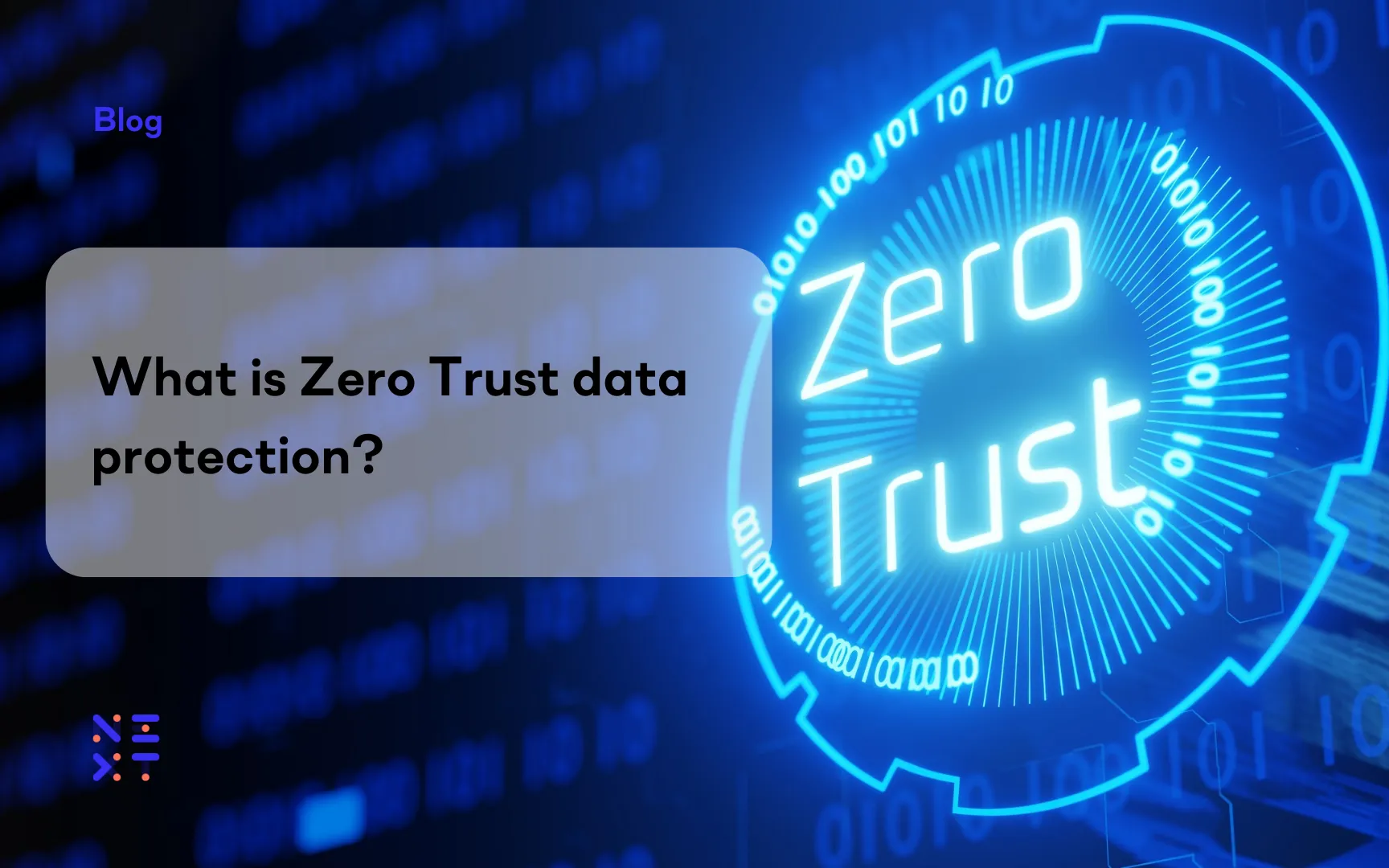
Blog

Resources

Resources
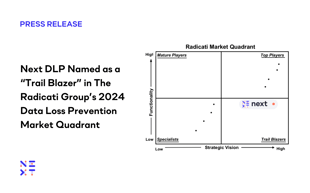
Resources
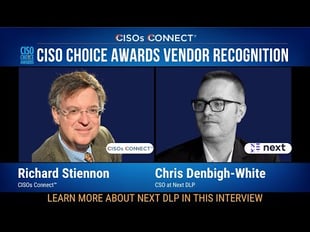
Resources

